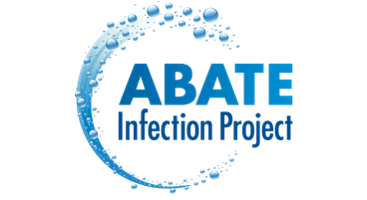 The Agency for Healthcare Research and Quality (AHRQ) published a new Toolkit for Decolonization of Non-ICU Patients With Devices to help clinical teams implement a protocol to reduce bloodstream infections by approximately 30% in patients with specific medical devices.
The Agency for Healthcare Research and Quality (AHRQ) published a new Toolkit for Decolonization of Non-ICU Patients With Devices to help clinical teams implement a protocol to reduce bloodstream infections by approximately 30% in patients with specific medical devices.
The new toolkit is based on intervention materials successfully used in the ABATE Infection trial, one of the first NIH Collaboratory Trials of the NIH Pragmatic Trials Collaboratory. ABATE Infection was a large-scale pragmatic trial involving approximately 189,000 patients in the baseline period and 340,000 patients in the intervention period across 194 non–critical care units in 53 hospitals.
From the AHRQ announcement:
The free, customizable toolkit includes step-by-step instructions, handouts, and educational videos to show frontline teams how to apply a decolonization protocol for non-ICU patients who may be at greater risk of bloodstream infections because they have certain devices, such as central venous catheters. The decolonization protocol includes instructions on helping patients bathe with an antiseptic soap and applying a nasal antibiotic ointment to carriers of Methicillin-resistant Staphylococcus aureus (MRSA).
ABATE Infection was supported within the NIH Pragmatic Trials Collaboratory by a cooperative agreement from the National Institute of Allergy and Infectious Diseases and by the NIH Common Fund through a cooperative agreement from the Office of Strategic Coordination within the Office of the NIH Director. Learn more about ABATE Infection.


